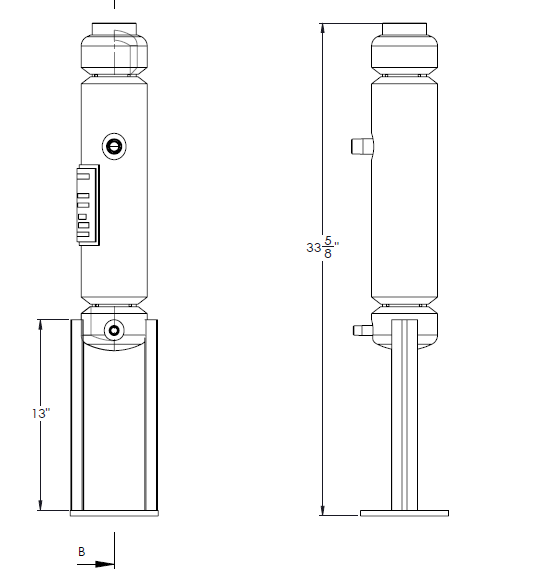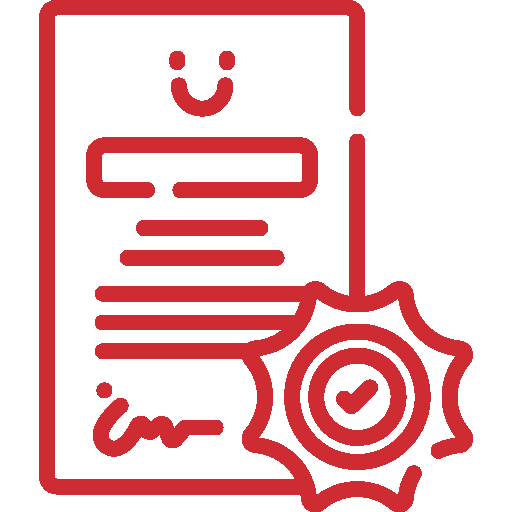Rexarc is currently open from 7:30 AM – 4:00 PM EST, Monday – Friday. Read More
We use cookies to help you navigate efficiently and perform certain functions. You will find detailed information about all cookies under each consent category below.
The cookies that are categorized as "Necessary" are stored on your browser as they are essential for enabling the basic functionalities of the site. ...
Necessary cookies are required to enable the basic features of this site, such as providing secure log-in or adjusting your consent preferences. These cookies do not store any personally identifiable data.
Functional cookies help perform certain functionalities like sharing the content of the website on social media platforms, collecting feedback, and other third-party features.
Analytical cookies are used to understand how visitors interact with the website. These cookies help provide information on metrics such as the number of visitors, bounce rate, traffic source, etc.
Performance cookies are used to understand and analyze the key performance indexes of the website which helps in delivering a better user experience for the visitors.
Advertisement cookies are used to provide visitors with customized advertisements based on the pages you visited previously and to analyze the effectiveness of the ad campaigns.
Rexarc is currently open from 7:30 AM – 4:00 PM EST, Monday – Friday. Read More

Pressure vessels are designed to maintain a difference in pressure between the vessel’s interior and the environment. They’re used across industries including aerospace, manufacturing, transportation, and more, but even though they’re common they have some particular design requirements that need to be met to operate safely and efficiently.
There’s a lot that goes into pressure vessel design. The first step is determining what pressures, environment, and any other requirements the vessel may have. Some vessels are used in environments where corrosion is more of a concern, so different materials and protective measures may need to be used. Some will need to withstand higher pressure differentials, or have specific mounting and plumbing requirements.
Factors to consider when planning a pressure vessel:
There might be other things to consider depending on the needs of your project, so if you’re not sure what else you need it’s best to talk to people with professional experience designing custom vessels.
The American Society of Mechanical Engineers (ASME) maintains a set of industry standards for pressure vessel design, manufacture, and maintenance. These standards are determined by a team of industry experts and are used worldwide. They’re not just for pressure vessels, either. ASME standards are used across industries for everything from nuts and bolts to nuclear technology.
The ASME standards for pressure vessels were updated for 2023 to incorporate the latest advances in technology and research. They cover topics including design, manufacturing, and operation for pressure vessels and boilers.
Once the main requirements have been established, engineers create the design by calculating the stresses and strains expected, adding a factor of safety, choosing materials, and creating the dimensions of the vessel. Technicians and machinists cut metal to the design specifications, weld pieces together, and assemble the vessel. They also often have input on the vessel’s design, since the design has to be manufacturable with the machines and materials readily available.
Here at Rexarc, we have expert pressure vessel designers who can answer your questions. Reach out to us today!

We are a one stop shop from custom vessel production to full skidding, plumbing and instrumentation.

We stand by our processes and communicate with you on your project status as much or as little as you would like.

We continually reinvest in our people, business, and equipment technology to ship quality products on time.
